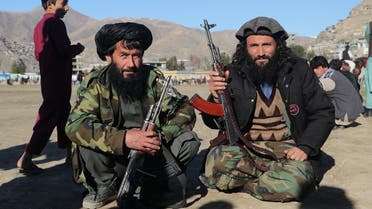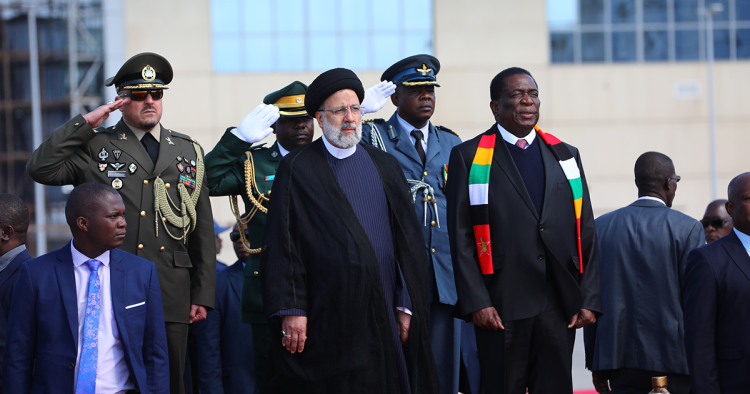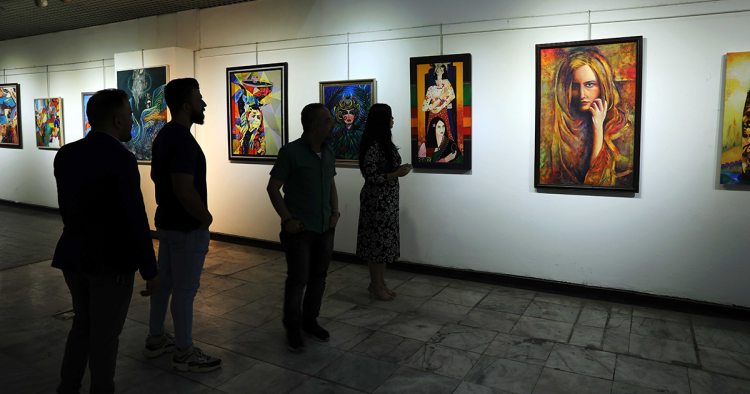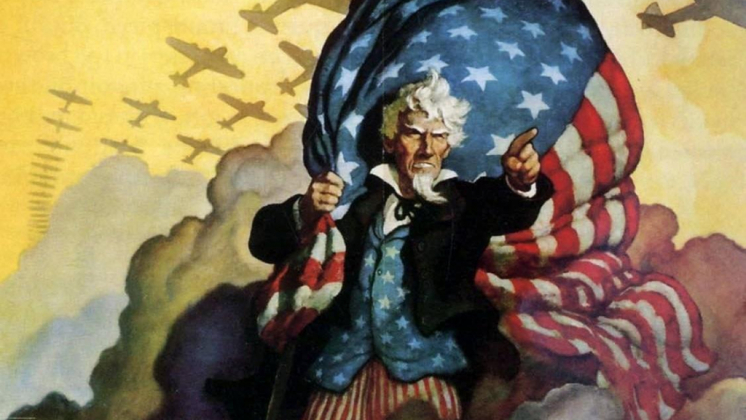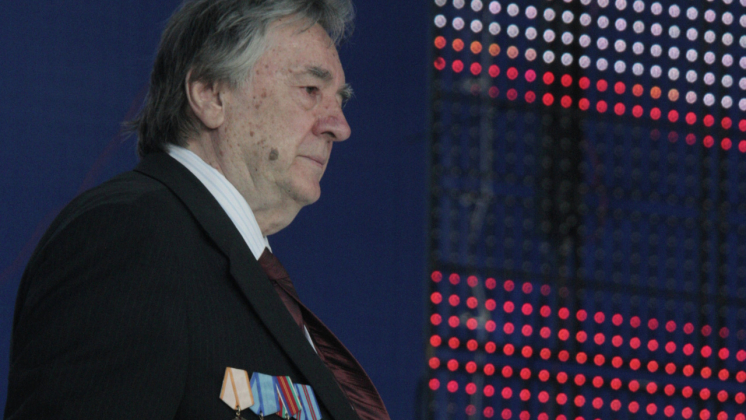Forming a Unity Government May be Libya’s Best Bet for Healing Rift

Libyan politicians have floated a plan to put together an interim government. The UN and other external actors should support this step toward breaking the country’s political deadlock. Libya’s political crisis took a new turn after its House of Representatives, based in the eastern city of Tobruk, approved a plan to appoint an interim government that would reunify the country’s two parallel executives as part of a roadmap to general elections. House members made this decision with backing from representatives of the rival Tripoli-based assembly, the High State Council, and from east-based military strongman Field Marshal Khalifa Haftar.


